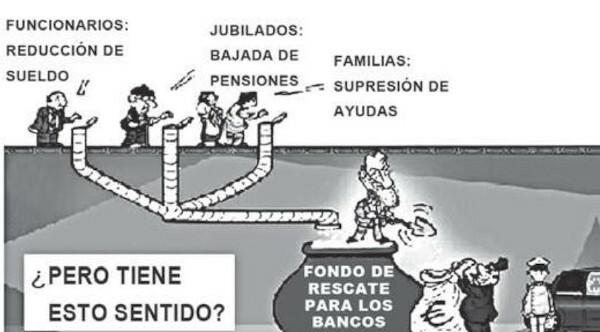I bet you started salivating as soon as you read the title of this article, didn't you? Just like what happens when you smell the grease in a mall's food court or pass by a snack bar. Fast food messes with us; there's no way to avoid it.
No wonder that, in the United States alone, there are more than 84.8 million adults who eat this type of snack with certain frequency, as per the latest survey by the Center for Disease Control's (CDC) National Center for Health Statistics from the country.
see more
Top relationship predictions for your sign today, 17th of…
Japanese company creates capsule for employees to take naps standing up…
Furthermore, it is estimated that the fast food reach a profit of US$ 998 billion in just five years.
This could happen sooner than expected, as the number of franchises (and people too!) continues to increase around the world.
But why is fast food so delicious for us?
Because this type of food was made to be like this. Snack recipes are designed to be “perfect”.
French fries, sandwiches, fried chicken, chocolates, soft drinks, sweets and everything else are millimetrically designed to make our taste buds go to heaven. That's why we get so addicted to products
ultra-processed.And, of course, all this combined with good marketing. It is no wonder that even today brands such as McDonald's, Burger King and Coke are among the most beloved companies by consumers around the world.
What makes you happy
Everything is calculated to target a very specific little place in our brain that makes us very happy quickly, simply and (sometimes) cheaply. This involves flavor, texture, consumer appeal and, above all, satisfaction.
One of the people responsible for the “secret formula” of fast food is mathematician Howard Moskowitz.
With a degree in mathematics from Queens College and in experimental psychology from Harvard, he created a mechanism called “hedonic food optimization”.
(Image: publicity)
The idea is to reach a consensus that can be the “happiness point”. For this, he worked to find something that could please different consumer segments of the same product.
Basically, it is having several “versions” of the same product, but that have something in common. Like the sandwiches McDonalds, the various Cokes and the various snacks.
It's addiction my friend
Not everyone talks about it, but fast food, designed as it is, causes addiction and addiction in frequent eaters.
Reaching this “happiness point” proposed by Howard encourages the signaling of dopamine, a neurotransmitter that acts directly on euphoria, happiness and pleasure, just like any other drug.
Over time, the brain begins to associate fast food with something that makes us feel good. Therefore, people always want to eat more.
And, sadly, they often don't even eat for the taste, but for the compulsion - and in ever-increasing portions. And, come on, it's not easy to fight against something that is designed to be a comfort for our stomach and our brain, is it?
But we need to force ourselves to be careful and not cross the fine line between eating out of desire or addiction.
A CDC report pointed out that fast food consumption eventually declines with age. However, the price that this takes on the body after many years of eating ultra-processed foods is still unknown. So let us be careful and strong to resist these foods.
Graduated in Social Communication at the Federal University of Goiás. Passionate about digital media, pop culture, technology, politics and psychoanalysis.


